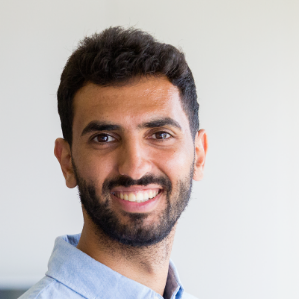The United Nations states "End hunger, achieve food security and improved nutrition and promote sustainable agriculture" as one of its sustainable development goals by the target date of 2030. To achieve these goals, global food and agriculture systems will require profound changes, in which big data and AI technologies can play significant roles.
In the past decade, a considerable amount of work has been done in biomedical predictive modelling. While there are extensive resources available for the biomedical domain, the food and nutrition ones are relatively low AI-resourced. In the last five years, several studies have been focused on relevant food information extraction from textual data, food image recognition, food portion estimation, food ontology alignment, etc.
Despite some recent studies, nutrition and food safety do not use the full potential of AI and Machine learning. Developing AI resources to merge heterogeneous data sets (ex: linking food and nutrition data with biomedical and environmental data) can provide a useful recommendation to satisfy the need for safe, environmentally sustainable and healthy food.
The focus on this track is to provide an overview of AI methods that have already existed for food and nutrition data, together with methods for linking biomedical research data with food and nutrition data as well as on methods that address key challenges arising in application areas relevant to personalized nutrition and medicine, and food safety and traceability.








